NATIONAL SECURITY ISSUES
- The International Organization for Migration (IOM) said the number of people internally displaced (IDPs) in Libya continued to decrease during the reporting period (May – June, 2022) as 143,419 individuals (29,194 families) were identified to be displaced by June 2022 compared to 159,996 IDPs identified in the previous round.
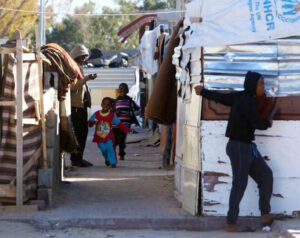
-
Crews aboard a humanitarian rescue ship rescued 39 people on Sunday, October 23, from a small fiberglass boat adrift in the Mediterranean. Several children and one woman were among those rescued by teams aboard the SOS Mediterranee operated Ocean Viking vessel, officials said. The rescue ship now has 73 migrants on board.
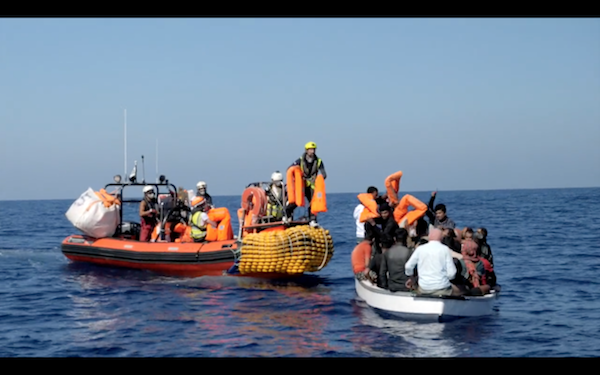
- Members of the Libyan Parliament held talks in Benghazi with the British ambassador to Libya, Caroline Hurndall, according to the Parliament Spokesman, Abdulla Bleihiq. The meeting, held at the headquarters of the Parliament in Benghazi dealt with a number of files, the most important of which is the role of the United Kingdom in supporting security and stability in Libya and the file of illegal immigration and its impact on the security and stability of the United Kingdom and the European continent, Bleihiq said.
- UN High Commissioner for Refugees (UNHCR) said it helped 32 refugees, including young children, leave on flights this week from Libya to be resettled in Canada and Norway, with logistical support from International Organization for Migration (IOM) Libya. UNHCR called for more safe, legal pathways for others to find safety out of Libya.
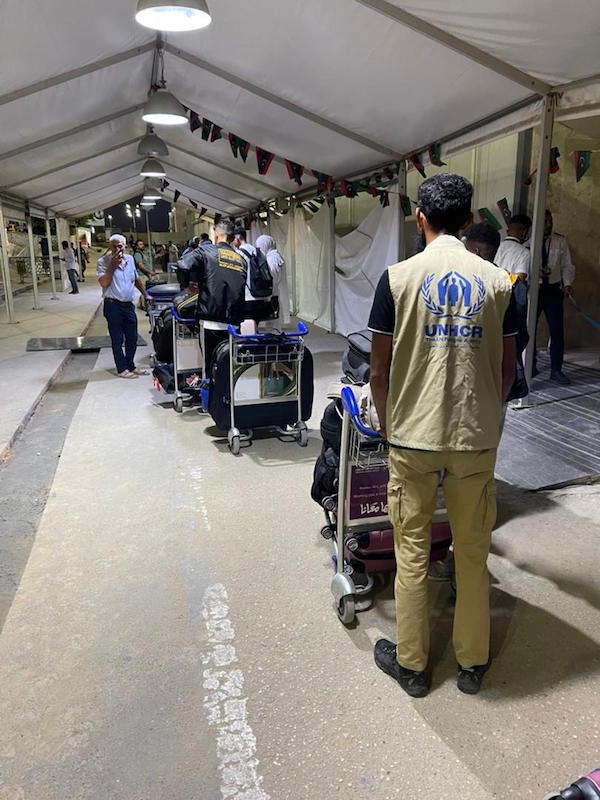
-
New UN envoy to Libya Abdoulaye Bathily Tuesday met with Chief of General Staff of the Libyan forces in the Western Region, General Mohamed Al Haddad in Tripoli. They discussed the overall security situation and progress on the military and security track, according to UN Support Mission in Libya (UNSMIL). Bathily emphasized the urgency of unifying Libya’s military and security institutions, UNSMIL tweeted. He called for the resumption of dialogue between the two Chiefs of General Staff, in the East and Western regions, the Mission added.
NATIONAL POLITICS AND SOCIAL ISSUES
- Libyan Prime Minister Abdul Hamid Dbeibeh, who leads the Tripoli-based Government of National Unity, is “looking forward” to continue “meaningful cooperation” between Italy and Libya on migration and energy after far-right leader Giorgia Meloni was sworn-in as new Italian prime minister.
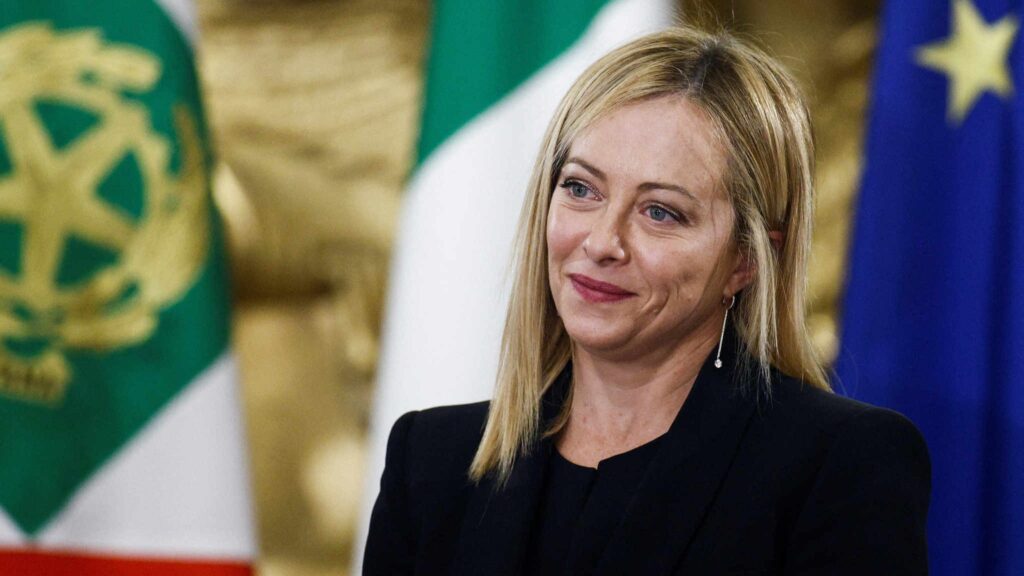
- Representatives of western powers as well as Egypt and Turkey will convene a “technical” meeting to discuss the Libyan crisis from October 26th until 28th, Italian news agency Nova reports. Citing unnamed Libyan sources, Nova stated that the meeting will be attended by the special envoys of three Western members of the U.N. Security Council with the right of veto, namely France, the United Kingdom and the United States. Another two European nations most involved in the Libyan dossier, Italy and Germany, will be present in the meeting alongside Turkey and Egypt.
-
UN envoy to Libya Abdoulaye Bathily met in Tripoli with the Chairperson of the Libyan High National Elections Commission (HNEC), Emad al-Sayeh, according to UN Support Mission in Libya (UNSMIL). They discussed the electoral process, including ways to strengthen efforts to hold elections, UNSMIL tweeted. Bathily reiterated the UN’s continued commitment to provide all required technical support for HNEC, the Mission added.
- The United Nations Security Council will meet on Friday, October 21, to discuss developments in the situation in Libya and to renew the mandate of the U.N. Support Mission in Libya (UNSMIL), which is due at the end of the month, according to the council’s agenda.
- Greek Foreign Minister Nikos Dendias briefed his European counterparts on the agreement between Turkey and the Tripoli-based Government of National Unity on the exploitation of maritime zones and their resources during A meeting the EU Foreign Affairs Council in Luxembourg. In a statement to the press, Dendias described the agreement as “illegal, null and void”, which he said created additional dangers for stability and security in the Mediterranean.
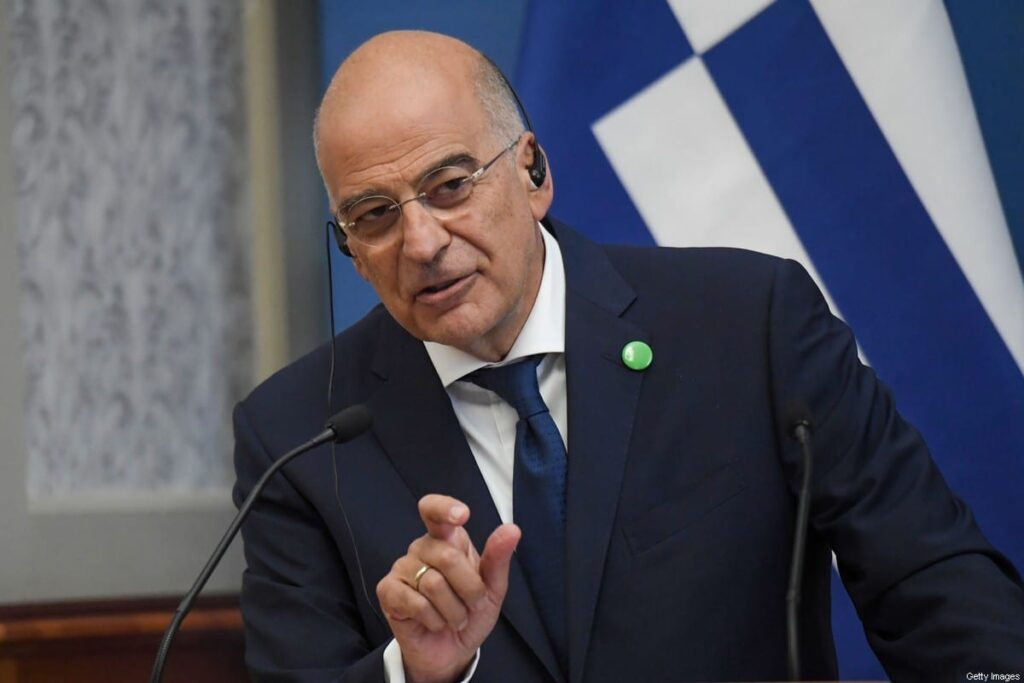
- The political solution to the crisis in Libya has “failed” and that is why the Libyan people need to organize protests throughout the country since “an inevitable battle must be fought,” declared Field Marshal Khalifa Haftar, the General Commander of the Libyan National Army (LNA). Addressing crowds during the military parade in Sabha, Haftar affirmed that there is “no solution except for the people to rise up against the political absurdity that exacerbated their suffering” and “those who carry weapons outside the army and police”. In his speech, Haftar said that Sabha is “the line of defense of national identity and national security”.
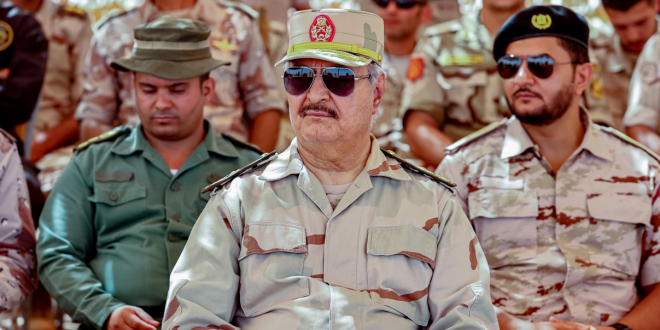
- Abdul Hamid Dbeibeh, the outgoing prime minister of the Tripoli-based Government of National Unity, was given “clear” message by the United States that his government does not have “indefinite legitimacy”, said U.S. diplomat. Assistant Secretary of State for Near Eastern Affairs Barbara Leaf said her country’s “end game” for the political deadlock in Libya is “getting the 3 million who registered to vote the opportunity to elect a unified government for the first time in a decade.”
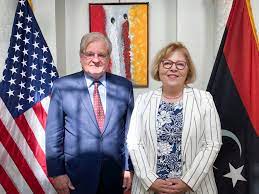
INTERNATIONAL RELATIONS
- Fathi Bashagha, the rival prime minister designated by the House of Representatives, held talks with the U.N. Special Envoy to Libya Abdoulaye Bathily in Benghazi. In a statement via Twitter, Bashagha said he discussed Bathily “increasing efforts aimed at supporting peace and stability through Libyan consensus.”
- Charge d’Affairs at U.S. Embassy in Libya Leslie Ordeman said he met with the Commander of U.S. Africa Command (AFRICOM) Gen. Michael Langley during his visit to Tunis. “The U.S. remains committed to supporting Libya in its efforts to form a civilian-led unified military capable of protecting Libya‘s sovereignty and long-term stability,” Ordeman pointed out.
- Turkey anticipates to open its consulate in Benghazi on December 24 if authorities in eastern Libya provides the conditions for that, Turkish ambassador to Libya Kenan Yilmaz told the press on Sunday, October 16. Yilmaz also revealed that there are “some obstacles that impede lifting the visa restrictions for Libyans now, and we hope that they will be lifted soon.” Commenting on the Turkish-Libyan hydrocarbons deal signed recently in Tripoli, the diplomat affirmed that the deal “does not target the interests of any other country”. He also maintained that “the agreement will not be subject to political blackmail.”
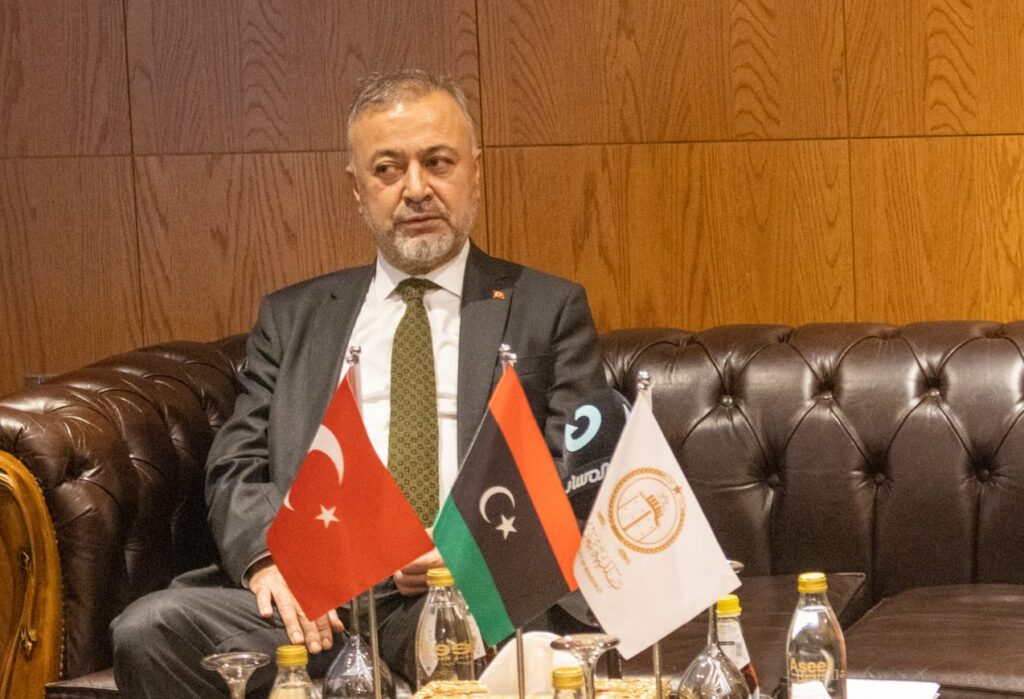
- Libya and Serbia have signed on Monday a memorandum of cooperation between the Serbian Diplomatic Academy and the Libyan Institute of Diplomatic Studies in order to enhance the capacity of Libyan diplomatic cadres, according to a statement by the Tripoli-based foreign ministry. Overseeing this cooperation is Libyan Foreign Minister Najla Mangoush and her Serbian counterpart Nikola Selakovic. The two diplomats held talks in Belgrade, discussing a variety of issues from economic trade to potential reopening of the Serbian embassy in Tripoli.
























